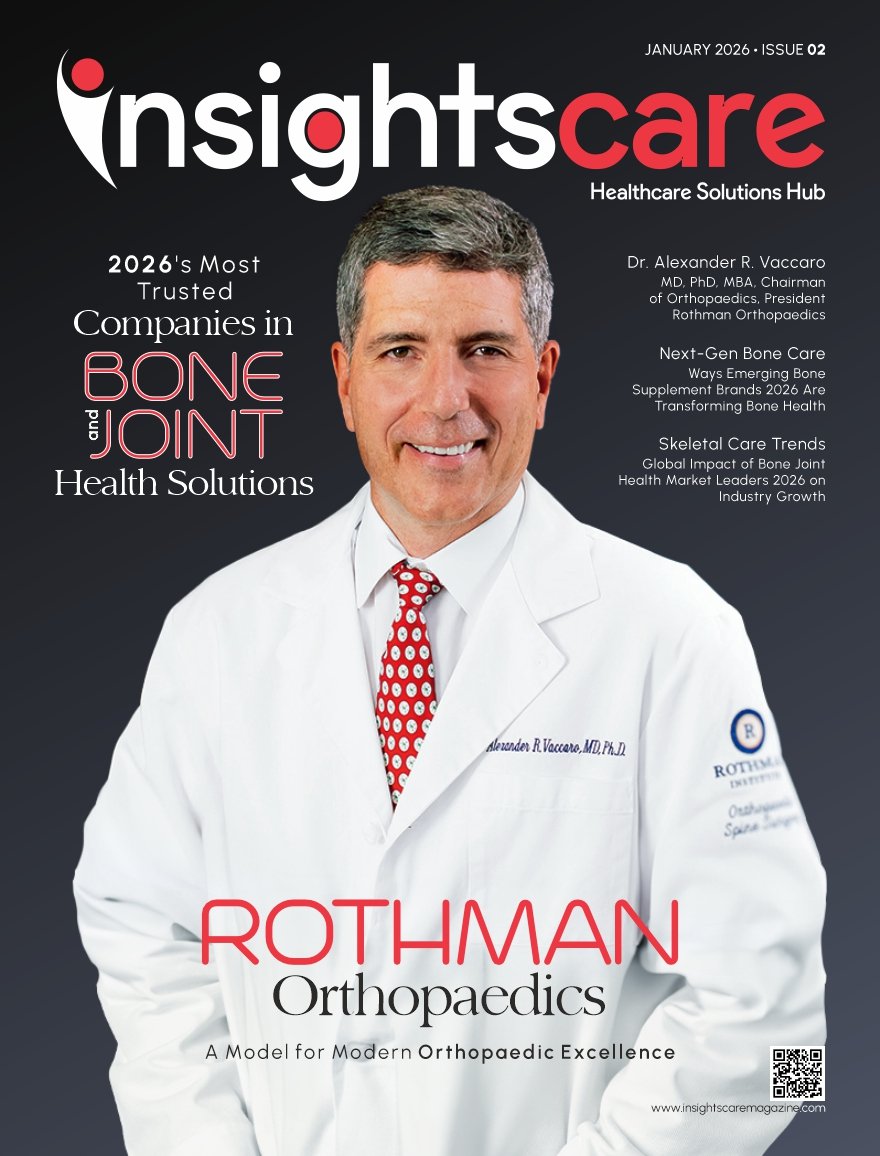Prime Highlights:
- FDA recants ruling on shortage of weight-loss drug, opening access once again to the compounded drug.
- It follows on the heels of patient protests and judicial action amid restricted access to low-cost care.
Key Facts:
- The FDA had classified the shortages of Mounjaro and Zepbound as settled but then flipped course amid an imminent lawsuit.
- Compounding centers can now safely produce these substitutes again.
Key Background:
The United States Food and Drug Administration (FDA) has changed policy in response to the two well-used diet medications, Mounjaro and Zepbound. Having initially made public that issues in supplying the medicines had been dealt with, mentioning adequate manufacturing on the part of manufacturer Eli Lilly as justification, the decision amounted to basically halting compounding pharmacies’ use of making variations of the medications, a step which in many instances also turns out to be less costly to patients.
But the action triggered immediate ire from patients and pharmacies that rely on the compounded versions because of the expense of the brand-name drugs. In reaction, the Alliance for Pharmacy Compounding sued the FDA in federal court, opposing the basis of the shortage solution and how it would affect patient care.
In response to threatened lawsuits and public outcry, the FDA retreated from its reversal and reapproved the capacity of compounding pharmacies to make Mounjaro and Zepbound. This reversal indicates regulatory tension between formal supply statistics and doctors’ and patients’ ground-level realities.
The segment illuminates the larger issues of access and affordability in the health-care system. While FDA-approved anti-obesity medications are over $1,000 a month, compounded preparations provide a more affordable alternative to those patients who cannot pay commercial prices, specifically patients who have limited insurance or fixed incomes.
Finally, this case illustrates the intricacy of pharmaceutical regulation. It poses pertinent questions on how to balance regulators with patients’ needs and market forces without compromising drug safety and quality. It also illustrates the important role compounding pharmacies can play in responding to the challenge of drug availability during periods of peak demand or uncertain supply.
Read More – Click Here










